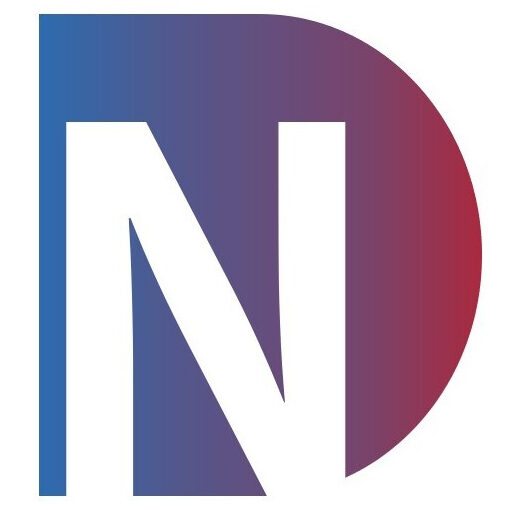In a significant move that could redefine the future of digital marketing, Google has unveiled a suite of AI-powered marketing tools that promise to transform how brands approach advertising, audience engagement, and campaign optimization. As businesses strive to stay competitive in an increasingly automated world, Google AI marketing tools are poised to reshape strategies from the ground up.
The AI Surge in Marketing: Google’s Game-Changing Tools
At its recent Marketing Live event, Google introduced a range of AI-driven solutions designed to help marketers streamline operations, boost campaign performance, and create more personalized experiences for users. Among the most notable tools are AI-powered Search and Performance Max campaign enhancements, generative AI capabilities for ad creation, and integration with Google’s Gemini AI model.
With Google AI marketing tools, businesses can now automate everything from copywriting and image generation to targeting and bidding strategies — effectively reducing manual effort while increasing accuracy.
How Google’s AI Is Changing the Rules
One of the biggest innovations is the integration of generative AI into Google Ads. Marketers can now describe their products or services in simple terms, and the AI will generate headlines, ad copy, and relevant images using data from landing pages and customer behavior.
Performance Max campaigns, already powered by machine learning, are becoming smarter with new AI layers that offer predictive insights and better real-time adjustments. These improvements are expected to drive higher ROI and lower customer acquisition costs — a key benefit of using Google AI marketing tools in performance marketing.
You Might Refer Reading: Google Unveils Stitch: An AI-Powered Tool
SEO, PPC, and Personalization on a New Level
Google’s latest developments are not limited to paid advertising. The impact on SEO and organic search strategy is also significant. With AI-enhanced insights into consumer behavior and search intent, marketers can better align content and keywords with what audiences actually want. This leads to more effective content strategies and better rankings in organic search.
Personalization, long considered the holy grail of digital marketing, is also seeing a boost. The new tools allow brands to tailor ads dynamically based on user demographics, interests, and intent — enabling highly customized campaigns at scale.
What This Means for Marketers…??
The introduction of Google AI marketing tools marks a shift toward fully automated, AI-led campaign planning. For digital marketers, this represents both an opportunity and a challenge. On one hand, automation frees up time for strategy and creativity. On the other, it demands a new set of skills — including prompt engineering, AI prompt optimization, and understanding algorithmic behavior.
Experts suggest that marketers who learn to effectively collaborate with AI tools will gain a significant edge over those who rely solely on traditional methods.
“This is not about AI replacing marketers,” said Jerry Dischler, Vice President of Google Ads. “It’s about empowering them to do more, faster and better.”
Concerns and Considerations
While the benefits of Google AI marketing tools are evident, the shift also raises concerns. The reliance on AI-generated content and automation could lead to generic messaging if not properly supervised. Data privacy, algorithmic bias, and transparency remain hot-button issues, especially as AI tools make more decisions independently.
Another question arises around over-automation: if every brand uses similar AI tools, will ad campaigns start to look the same?
The Competitive Landscape
Google isn’t the only player in the AI marketing space. Microsoft has also integrated OpenAI’s GPT models into its Bing advertising platform, and startups like Jasper, Copy.ai, and Adobe Firefly are providing alternatives for content and campaign automation.
However, Google’s dominance in search and advertising gives it a unique edge. With over 90% of the search engine market and access to massive amounts of data, Google AI marketing tools are likely to become the default choice for many marketers.
Looking Ahead
As the boundaries between technology and creativity continue to blur, marketers must evolve with the tools. Google AI marketing tools are more than just a trend — they’re a roadmap to the future of advertising, driven by intelligent automation, data, and personalization.
To thrive in this new ecosystem, businesses must adapt quickly, invest in AI skills, and rethink their digital strategy. Because one thing is clear: in the era of AI, marketing will never be the same again.
Conclusion
The evolution of Google AI marketing tools signals a transformative era for digital marketers, where data, creativity, and machine learning converge. Whether it’s personalized ads, automated campaign creation, or smarter insights, the potential is enormous. But like any powerful tool, its success depends on how well marketers learn to use it.

